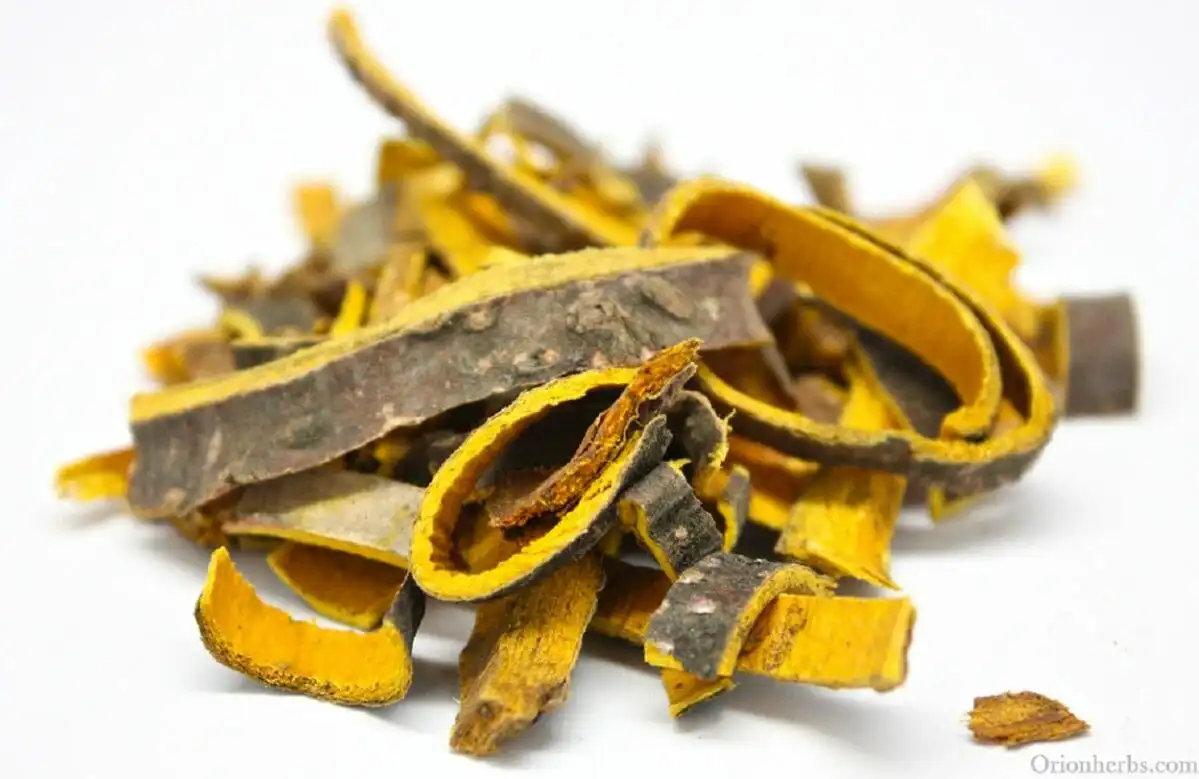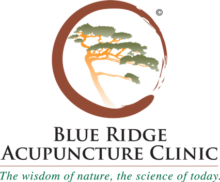Chinese Medicine and Antibiotics
Antibiotic resistance is on the rise:
It is no secret that antibiotics are one of the most excessively used drugs in the United States, and that antibiotic resistant strains of bacteria are proliferating, even in hospitals. That is why the search is on for natural antibiotics. One problem is that medical doctors often prescribe antibiotics for viral infections like the common cold, often just to placate patients who believe they will help them. Still antibiotics should only be prescribed in cases of real need, when bacterial infections of some sort pose an actual threat that the body’s own immune system might not be able to overcome. In most cases of infection, the body is able to handle the problem.
What is a natural antibiotic?
A natural antibiotic is typically made from a plant source. An example would be an herb that has been studied and shows antibiotic properties. The photo at the right of this page is of the Chinese herb Huang Bai, a known antibiotic herb. Many herbs can be used as natural antibiotics. Some kill the bad bacteria directly, while others work to support your immune systems ability to fend off the infection. Some examples of herbal antibiotics are green tea and cinnamon. One research study in Taiwan demonstrated that certain herbs not only were antibiotic, but could enhance the effect of tetracycline and other broad spectrum antibiotics. The authors of the study concluded:
“Pseudomonas aeruginosa is well-recognized as a nosocomial pathogen, which exhibits inherent drug resistance. In this study, the antibacterial activity of ethanol extracts of 58 Chinese herbal medicines used in Taiwan were tested against 89 nosocomial antibiotic resistant strains of Pseudomonas aeruginosa. The results gathered by the disc diffusion method showed that 26 out of the 58 herbal extracts exhibited antibacterial activity. Among the 26 herbal extracts, 10 extracts showed broad-spectrum antibacterial activities and were selected for further antibacterial property assay. The minimum inhibitory concentrations (MIC) of the active partition fractions ranged from 0.25 to 11.0 mg/L. The presence of flavonoid compounds in the active fractions of test herbal extracts was observed by the TLC-bioautography. The results from the time-kill assay revealed that most of the herbal extracts completely killed the test organisms within 4 hours. Exposure of the test strains to a sub-MIC level of the herbal extracts for 10 consecutive subcultures did not induce resistance to the active components. A combination of the active herbal fractions with antibiotics showed that one of the herbal medicines, the hexane fraction of Ramulus Cinnamomi, possessed a synergistic effect with tetracycline, gentamycin, and streptomycin. In conclusion, the tested Chinese medical herbs have the potential to be developed into natural antibiotics. This is the first evaluation for screening large amounts of medical plants against nosocomial antibiotic resistant bacteria in Taiwan.”
To see more about this study on the NIH website pubmed, click here.
Why focus on immunity?
Ancient Chinese physicians found that by focusing on the principles that underlie radiant health, they could help prevent people from getting sick. The focus of Chinese medicine is to create an immune system that is so strong that a person does not develop an infection, but instead, kills the bacteria or virus before it replicates and becomes problematic.
Chinese medicine is incredibly helpful for infections, but if you have an acute infection you may need a visit to the emergency room, at Mission Hospital if you are in Asheville, North Carolina. If you have an infection, you might need emergency medical care, so please call your primary care physician.
At the Blue Ridge Clinic in Asheville, North Carolina, we help people boost their immune systems after a bad infection. Also, herbal remedies are strongly antibiotic as well, and can be used for non-emergency type infections. To learn more about how Chinese medicine and acupuncture can help your immune system or act as antibiotics, simply call for your free consultation: 828-254-4405.
Also, after antibiotic use, many people experience digestive disturbances and symptoms. Chinese herbal medicine and acupuncture can help balance your intestinal flora after using antibiotics.
Reach James Whittle M.S. L.Ac. Acupuncture in Asheville
Email: james@blueridgeclinic.com
Call : 828-254-4405 for a Free Consultation
